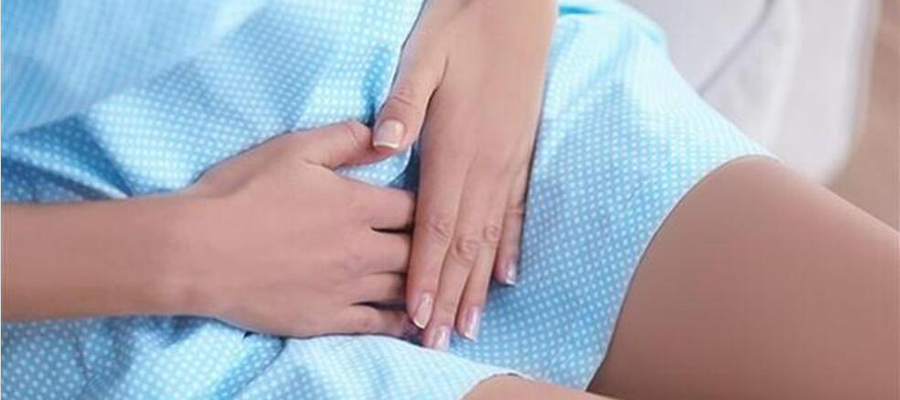
Estimated reading time: 3 minutes and 24 seconds
Urinary Incontinence Treatment
Regain Control with Comprehensive Care at Aktif International Hospitals
At Aktif International Hospitals, we understand the impact that urinary incontinence can have on your quality of life. Our experienced urology specialists are dedicated to providing personalized and effective treatment options to help you regain control and restore your confidence. With state-of-the-art facilities and a multidisciplinary approach, we offer comprehensive care for urinary incontinence tailored to your individual needs.
Frequently Asked Questions
What is Urinary Incontinence?
Urinary incontinence is a common condition characterized by the involuntary loss of urine, leading to leakage or accidents. It can range in severity from occasional mild leakage to complete loss of bladder control. Urinary incontinence can affect people of all ages and genders, but it is more common in older adults and women who have undergone childbirth.
What are the Types of Urinary Incontinence?
There are several types of urinary incontinence, including:
- Stress incontinence: Leakage of urine during activities that increase abdominal pressure, such as coughing, sneezing, laughing, or exercising.
- Urge incontinence: Sudden, intense urge to urinate followed by involuntary leakage of urine.
- Overflow incontinence: Inability to completely empty the bladder, leading to frequent dribbling of urine.
- Mixed incontinence: Combination of stress and urge incontinence.
- Functional incontinence: Leakage of urine due to physical or cognitive impairments that prevent timely access to a toilet.
What Causes Urinary Incontinence?
Urinary incontinence can be caused by various factors, including:
- Weak pelvic floor muscles
- Damage to nerves controlling the bladder
- Hormonal changes
- Enlarged prostate (in men)
- Urinary tract infections
- Chronic medical conditions such as diabetes or Parkinson’s disease
- Medications that increase urine production or relax the bladder muscles
How is Urinary Incontinence Diagnosed?
Diagnosis of urinary incontinence may involve:
- Medical history: Your doctor will review your symptoms, medical history, and any medications you are taking.
- Physical examination: A physical examination, including a pelvic examination for women and a digital rectal examination for men, may be performed to assess pelvic floor muscle strength and rule out other underlying conditions.
- Diagnostic tests: Additional tests such as urine analysis, bladder diary, urodynamic testing, cystoscopy, or imaging studies may be recommended to evaluate bladder function and identify any underlying causes of urinary incontinence.
What are the Treatment Options for Urinary Incontinence?
Treatment for urinary incontinence depends on the type and severity of the condition but may include:
- Lifestyle modifications: Strategies such as bladder training, pelvic floor exercises (Kegel exercises), dietary modifications, and fluid management techniques may help improve bladder control.
- Medications: Certain medications may be prescribed to relax the bladder muscles, reduce urinary urgency, or increase bladder capacity.
- Pelvic floor rehabilitation: Physical therapy techniques such as biofeedback or electrical stimulation may be used to strengthen pelvic floor muscles and improve bladder control.
- Minimally invasive procedures: Procedures such as injectable bulking agents or sacral neuromodulation may be recommended for certain types of urinary incontinence that do not respond to conservative treatments.
- Surgery: Surgical options such as sling procedures, bladder neck suspension, or artificial urinary sphincter implantation may be considered for severe cases of urinary incontinence that do not improve with other treatments.
When Should I Seek Medical Attention for Urinary Incontinence?
You should seek medical attention for urinary incontinence if:
- You experience sudden or severe urinary incontinence without apparent cause.
- Urinary incontinence interferes with your daily activities or quality of life.
- You have recurrent urinary tract infections.
- You notice blood in your urine.
- You have difficulty emptying your bladder completely.
- You experience persistent urinary urgency or frequency.
Our urology specialists at Aktif International Hospitals are committed to providing compassionate and comprehensive care for urinary incontinence. If you have any concerns about urinary incontinence or would like to explore treatment options, please don’t hesitate to contact us for an evaluation.
Author: Seyfettin Çiftçi


 TR
TR